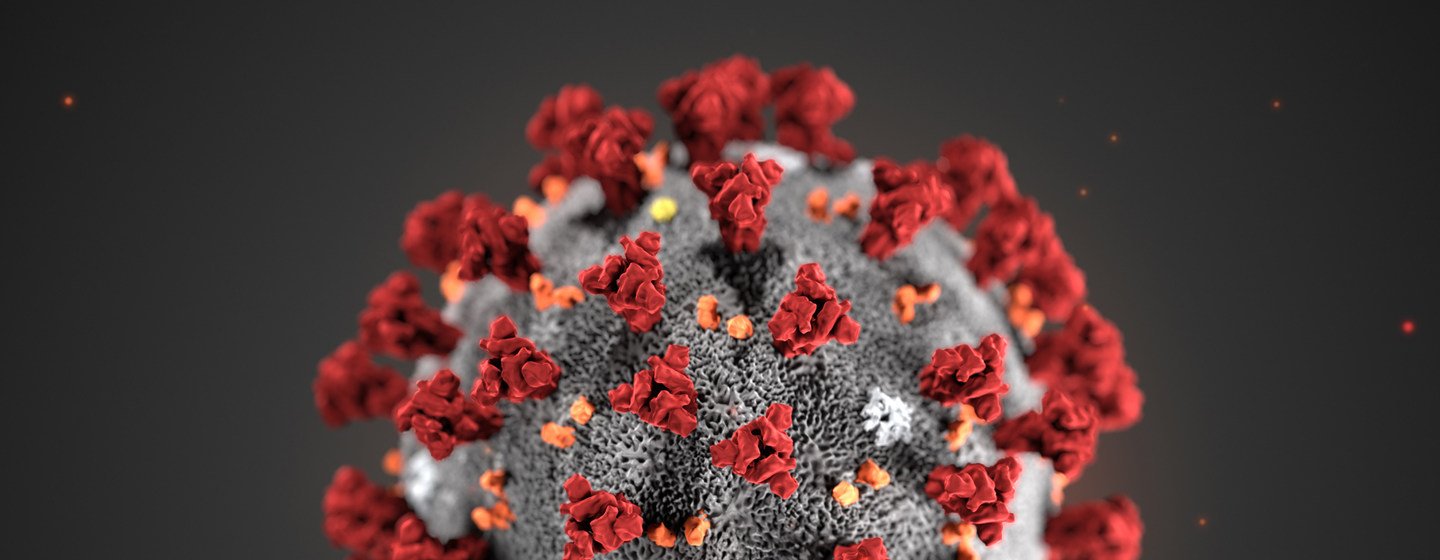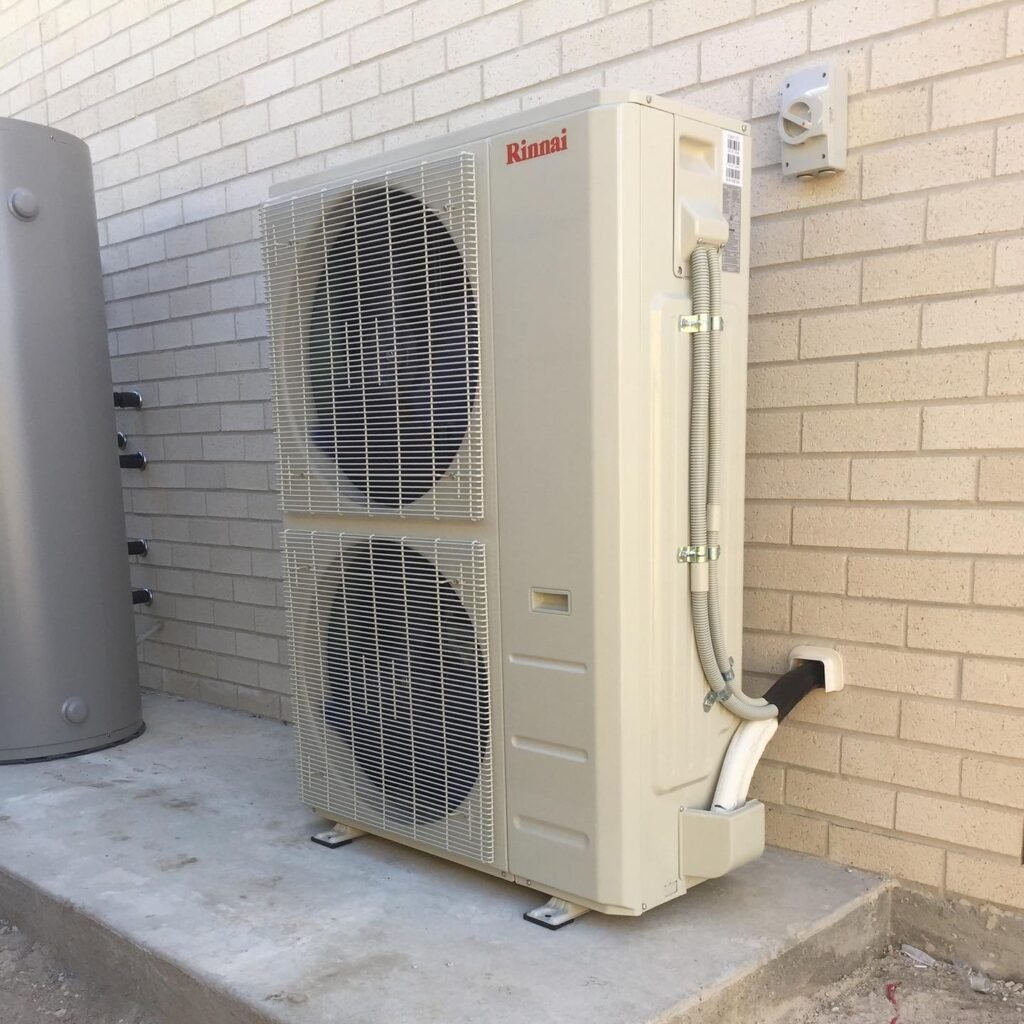Coronavirus immunization can increase virus transmission

Coronavirus immunization can increase virus transmission
The World Health Organization (WHO) said that governments should not issue so-called “immunization passports” or “risk-free certificates” as a way to ease the blockade. It said that “there is no evidence” that people who produced antibodies after recovering from the virus were protected from a second infection.
It warned that this move may actually increase the spread of the virus. It says that people who think they are not immune may stop taking preventive measures. Some governments have considered allowing those who have recovered to health to travel or return to work.
Is Swedish coronavirus science correct?
Double warnings of virus antibody testing The restrictions on actions taken to stop the spread of the virus have severely damaged the economy around the world. More than 2.8 million cases of the virus have been confirmed worldwide, and nearly 200,000 people have died.
What does the WHO say?
The WHO said in the briefing: “There is currently no evidence that people recovering from Covid-19 and having antibodies are not affected by the second infection.” Most studies conducted to date indicate that those recovered from infection There are antibodies in human blood-but some of them have very low antibody levels.
This suggests that another part of the body’s immune response-eliminating T cells from infected cells-may also be “critical” for recovery. The WHO said that as of Friday, there is no research to assess whether the presence of the virus antibody confers immunity to subsequent infections in humans.
It said: “At this point of the pandemic, there is insufficient evidence to prove the effectiveness of antibody-mediated immunity to ensure the accuracy of” immunization passports “or” risk-free certificates. ” Laboratory tests need to be further verified to determine their accuracy, and they also need to distinguish between the SARS-CoV-2 virus that previously caused the pandemic and the other six coronaviruses that are spreading.
Chile said last week that it will start issuing “health passports” to people who are believed to have recovered from the disease. Officials say that once antibodies are screened to make them immune to the virus, they can rejoin the workforce. In Sweden, which chooses to keep most parts of society open, some scientists believe that people may eventually gain higher immunity than people living under stricter regulations.

Expert Installation: Tips for Choosing Air Conditioning in Brisbane

How to Maintain a Rotary Vane Air Compressor

Pet Hospital Logo Design Samples

Weekly or Fortnightly Lawn Mowing?

Getting Your Garden Ready During a Property Move

ICC Men's T20 World Cup Warm-up Matches 2026 – Oman Team PNG Photos (High Resolution Download)


